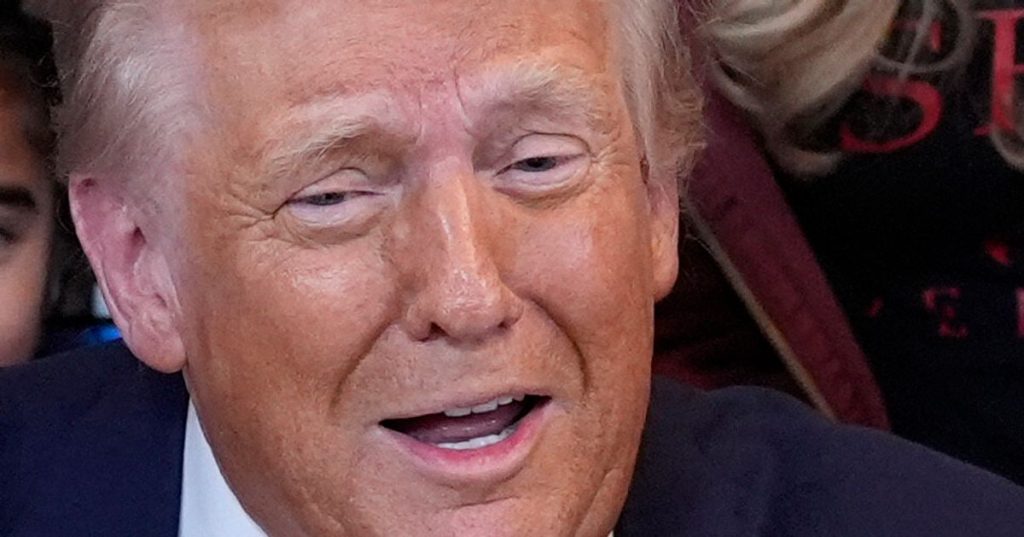President Trump’s Black History Month Proclamation: A Tale of Two Messages
In February 2025, President Donald Trump issued a proclamation recognizing Black History Month, continuing a tradition that has been upheld by U.S. presidents since 1996. This annual acknowledgment is a significant gesture, yet it has been met with skepticism due to the administration’s recent actions against diversity, equity, and inclusion (DEI) practices. Critics argue that while the proclamation honors the contributions of Black Americans, it overlooks the historical struggles and ongoing challenges they face, making it seem at odds with the administration’s policies.
A Shift in Tone: From Acknowledgment to Ambiguity
Compared to previous proclamations during Trump’s first term, the 2025 statement is notably sanitized. Earlier proclamations, such as those in 2017, 2018, and 2019, explicitly referenced the history of racial discrimination, including the legacy of slavery. For instance, the 2019 proclamation acknowledged the start of the slave trade in 1619. However, the 2025 proclamation focuses solely on celebrating achievements, mentioning figures like Frederick Douglass and Harriet Tubman without addressing the systemic inequities they fought against. This shift in tone has drawn criticism from scholars like Professor Shaun Harper, who describes the omission as "incomplete" and "sanitized," arguing that it ignores the comprehensive narrative of Black history.
Rolling Back DEI: The Broader Implications
The administration’s actions against DEI initiatives have sparked widespread concern. DEI practices aim to address historical discrimination and promote fairness in employment and education. However, Trump’s executive orders have halted federal DEI programs, placed staff on leave, and discouraged schools from teaching critical race theory. These actions have real-world consequences, including job losses and the cancellation of cultural events, as seen in the Defense Department’s pause on Black History Month celebrations. Such moves undermine the very principles DEI seeks to uphold, leaving many wondering about the administration’s commitment to equality.
Mixed Messages and Real-World Consequences
The mixed messages from the administration are evident. While the proclamation honors Black achievements, the simultaneous dismantling of DEI programs and cultural celebrations sends a contradictory signal. This inconsistency is particularly evident in the Defense Department’s memo, which halted events like Black History Month, symbolizing a broader retreat from recognizing diverse contributions. The cancellation of these events is seen as a betrayal of the progress made towards inclusivity and equity, leaving federal employees and the public confused and disheartened.
Personal Reflections: Honoring Black History Beyond February
Despite the administration’s stance, individuals can still find meaningful ways to honor Black History Month. Supporting Black businesses, reading books by Black authors, and attending local events are just a few ways to celebrate. The Association for the Study of African American Life & History emphasizes that honoring Black history should extend beyond February, encouraging a year-round commitment to learning and appreciation. By taking personal responsibility, individuals can ensure that the spirit of Black History Month endures despite governmental policies.
Conclusion: Resilience and Empowerment
The controversy surrounding President Trump’s Black History Month proclamation highlights the complexities of acknowledging history while addressing present challenges. While the administration’s actions have drawn criticism, the story of Black History Month is one of resilience and empowerment. By taking personal initiative to learn, celebrate, and support, individuals can uphold the legacy of Black History Month, ensuring that its significance is not diminished by governmental decisions. The true essence of this month lies in collective efforts to honor the past and build a more inclusive future.









